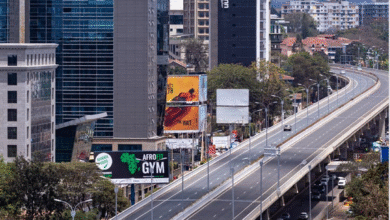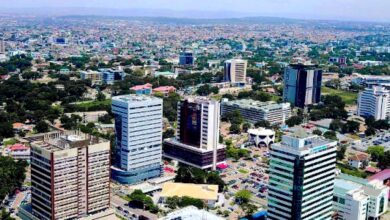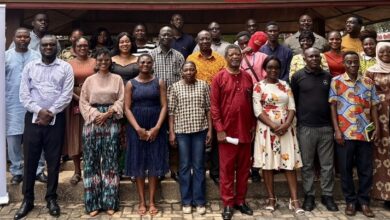Stalemate in Geneva Threatens Progress on Global Plastic Pollution Treaty and SDG Targets
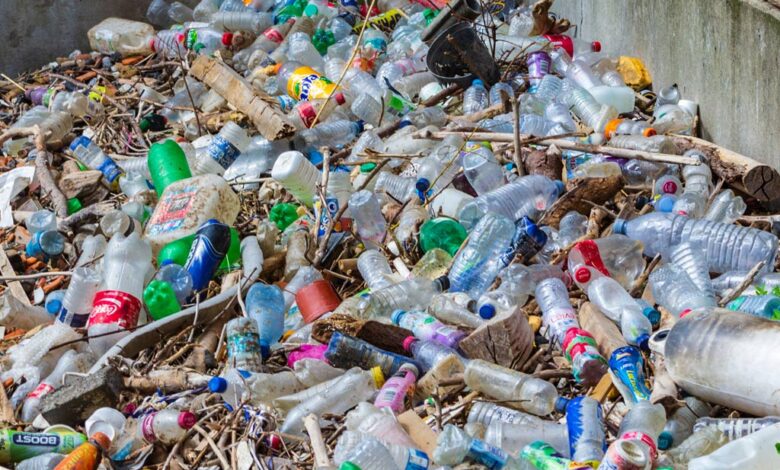
The sixth round of negotiations on the world’s first legally binding treaty to combat plastic pollution ended in Geneva without consensus, raising serious concerns about the global community’s ability to tackle one of the most pressing environmental challenges of our time.
More than 1,000 delegates from around the world attended the talks, convened under the Intergovernmental Negotiating Committee (INC), a body established by the United Nations Environment Assembly (UNEA) in 2022. The INC’s mandate is to craft a treaty that would address the entire lifecycle of plastics from production to disposal, aiming to curb pollution that is choking oceans, poisoning ecosystems, and harming human health.
Despite days of intensive discussions and negotiations spilling into overtime on Thursday, deep divisions proved impossible to bridge. South Africa’s delegate voiced the disappointment of many: “It was not possible for this session to agree a legally binding treaty and positions remain far apart.”
Key Sticking Points
The most contentious issues remain:
-
Whether to cap the production of virgin plastics made from petroleum, coal, and gas.
-
How to manage chemicals of concern in plastic products.
-
Financing mechanisms to support developing countries in implementing the treaty’s obligations.
The European Union and small island developing states have been pushing for strong, enforceable caps on virgin plastic production, seeing it as essential to reversing the plastic crisis. However, petrochemical-producing countries and the United States under President Donald Trump have resisted such measures, arguing for national flexibility and voluntary approaches.
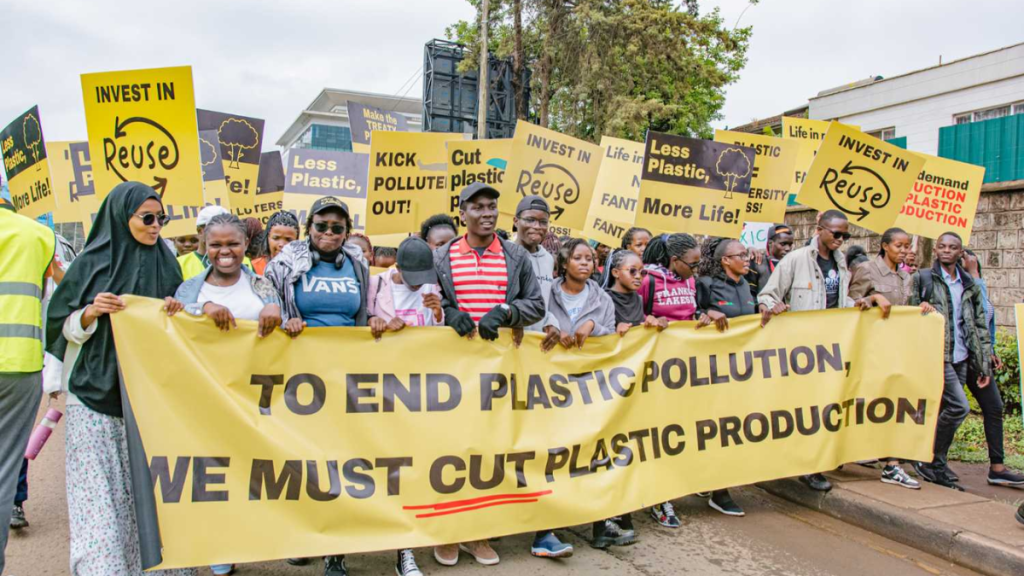
Implications for Sustainable Development Goals
The deadlock has significant consequences for the achievement of several UN Sustainable Development Goals (SDGs):
-
SDG 12 (Responsible Consumption and Production): Without a global cap on virgin plastic production, waste reduction targets remain elusive.
-
SDG 14 (Life Below Water): Marine ecosystems continue to suffer as plastics enter waterways and oceans at alarming rates.
-
SDG 15 (Life on Land): Soil and terrestrial habitats will remain contaminated by microplastics, threatening biodiversity.
-
SDG 3 (Good Health and Well-being): Communities, especially in developing countries, face ongoing health risks from plastic-related toxins and pollution.
Climate advocates warn that failure to act decisively will also undermine SDG 13 (Climate Action), as plastic production is a major driver of greenhouse gas emissions.
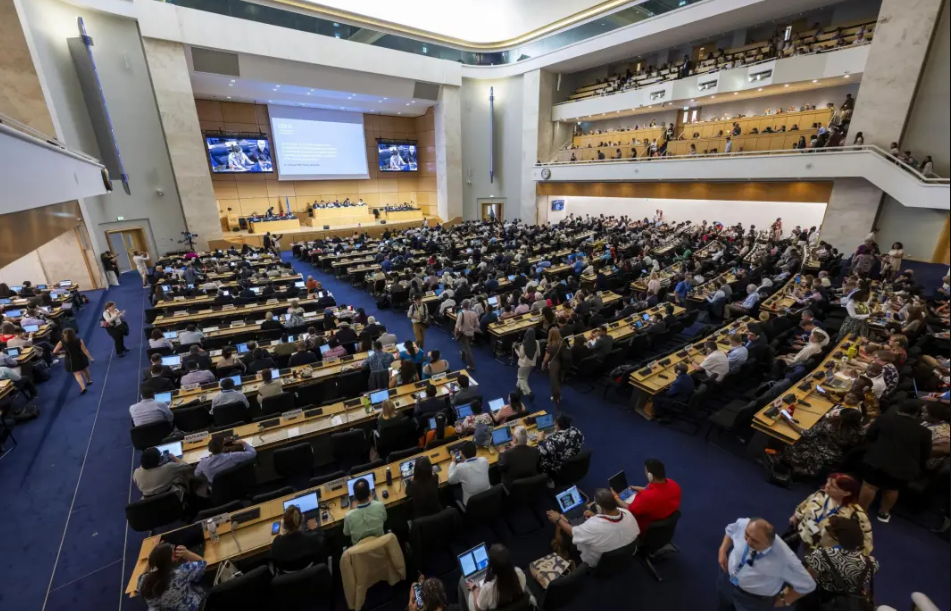
Why the Treaty Matters
According to the UN, the world produces over 430 million tonnes of plastic annually, with two-thirds of it becoming waste. Much of this is single-use and ends up polluting rivers, seas, and landscapes. Without coordinated global action, experts predict that plastic pollution could nearly triple by 2060.
A strong treaty could set binding targets, establish clear accountability mechanisms, and mobilise financing for waste management and recycling infrastructure, especially in countries with limited capacity to deal with plastic waste.
The Road Ahead
The failure in Geneva follows another inconclusive session in South Korea late last year, raising fears that the momentum towards adopting the treaty, targeted for finalisation by the end of 2024 may be slipping away.
Negotiators are expected to reconvene later this year, but the gap between competing positions remains wide. For developing nations, a key sticking point is ensuring that adequate funding and technology transfer accompany any new obligations.
Environmental groups say the cost of inaction is simply too high. “Every delay means more plastic in our oceans, more toxins in our food chain, and more pressure on vulnerable communities,” said a spokesperson for a coalition of NGOs.
With time running short, the question is whether the global community can muster the political will to align environmental protection with economic and industrial interests, and in doing so, keep the promise of the Sustainable Development Goals alive.


